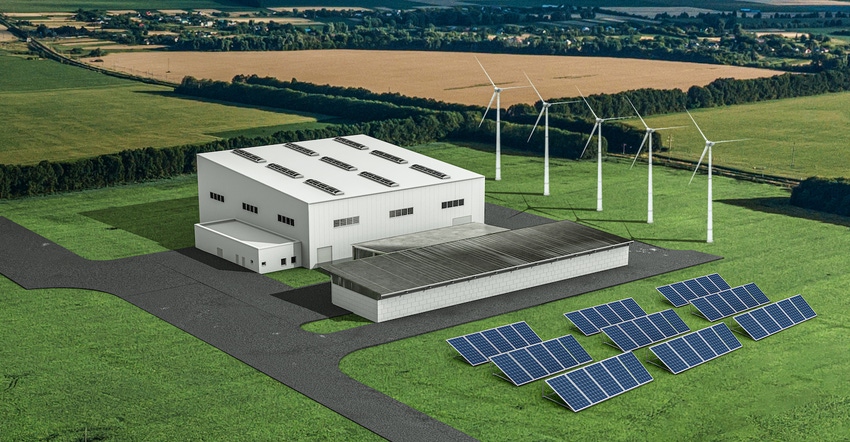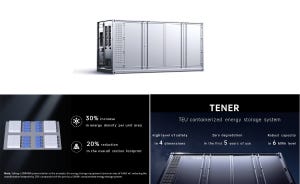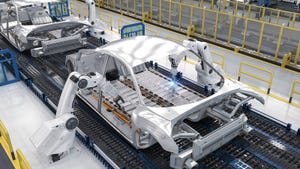The chemicals and materials firm plans to construct a commercial scale battery recycling black mass facility in Schwarzheide, Germany.
June 21, 2022

Chemicals and materials giant BASF is planning to erect a new battery recycling black mass plant in Schwarzheide, Germany that will support its cathode active materials (CAM) production and recycling site in Schwarzheide.
“With this investment in a commercial scale battery recycling black mass plan t, we take the next step to establish the full battery recycling value chain at BASF. This allows us to optimize the end-to-end recycling process and reduce the CO2 footprint,” Dr. Peter Schuhmacher, president, Catalysts division at BASF, said in a release. “The closed loop from end-of-life batteries to CAM for new batteries, supports our customers along the entire battery value chain, reduces the dependency from mined raw materials and enables a circular economy.”
Production of black mass is the initial step in the battery recycling process. Black mass contains a number of key metals used to manufacture CAM, including lithium, cobalt, and manganese. The product plans to use the material as a feed stock at a commercial hydrometallurgical refinery for battery recycling that BASF will construct in the next several years.
About 30 new jobs will be created as a result of the project. BASF projects that the site will startup in 2024.
About the Author(s)
You May Also Like





